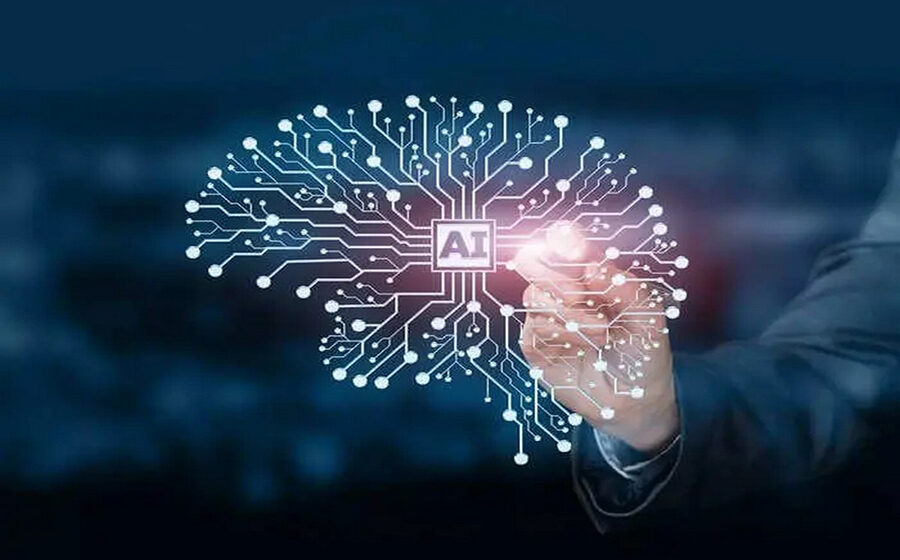Embracing Technological Advancements
In a keynote address at the Indo-Singapore Judicial Conference, Chief Justice of India DY Chandrachud underscored the pivotal role of technology, particularly Artificial Intelligence (AI), in reshaping legal research and the judiciary. He emphasized the significance of ethical considerations in the seamless integration of technology into legal frameworks.
Promoting Cross-Cultural Exchange
Chandrachud commenced his address by commending the conference’s emphasis on technology and its potential to foster crucial dialogues at the intersection of technology and the judiciary. He acknowledged the profound impact of judicial dialogues in facilitating cross-cultural exchange and mutual learning among diverse legal systems.
Deepening Bilateral Ties
Highlighting the longstanding ties between India and Singapore, Chandrachud praised both nations for their dedication to upholding the rule of law and advancing access to justice. He lauded Singapore’s emergence as a global technology and innovation hub, highlighting its adoption of cutting-edge initiatives in legal technology.
Harnessing Technology for Judicial Modernization
Chandrachud lauded India’s efforts to leverage technology in modernizing its judiciary, citing initiatives like the e-Courts project. He emphasized how technology, such as the e-Courts project, enhances the efficiency and accessibility of legal proceedings, ultimately benefiting citizens.
Exploring AI’s Transformative Potential
The Chief Justice then turned his attention to the transformative impact of AI in legal research, describing it as a “game-changer” for legal professionals. He cited examples of AI applications in court adjudication, illustrating its role in enhancing accessibility to legal information and improving judicial efficiency.
Navigating Ethical and Practical Considerations
While acknowledging AI’s potential benefits, Chandrachud cautioned against overlooking the ethical, legal, and practical challenges associated with its integration into court proceedings. He stressed the importance of transparency, accountability, and fairness in AI utilization, advocating for robust auditing mechanisms and global cooperation.
Embracing Technological Evolution
In his concluding remarks, Chandrachud emphasized the inevitability of technological advancement and the need for the legal profession to embrace evolution. He highlighted AI’s potential to expedite justice delivery and called for a proactive approach in harnessing technology’s processing power within legal institutions.
Fostering Collaboration and Dialogue
The conference served as a platform to explore the intersection of technology and the legal system, with panel discussions featuring judges, jurists, and Chief Justice of Singapore Justice Sundaresh Menon. Through collaborative efforts and informed dialogue, stakeholders aim to navigate the evolving landscape of legal technology.



